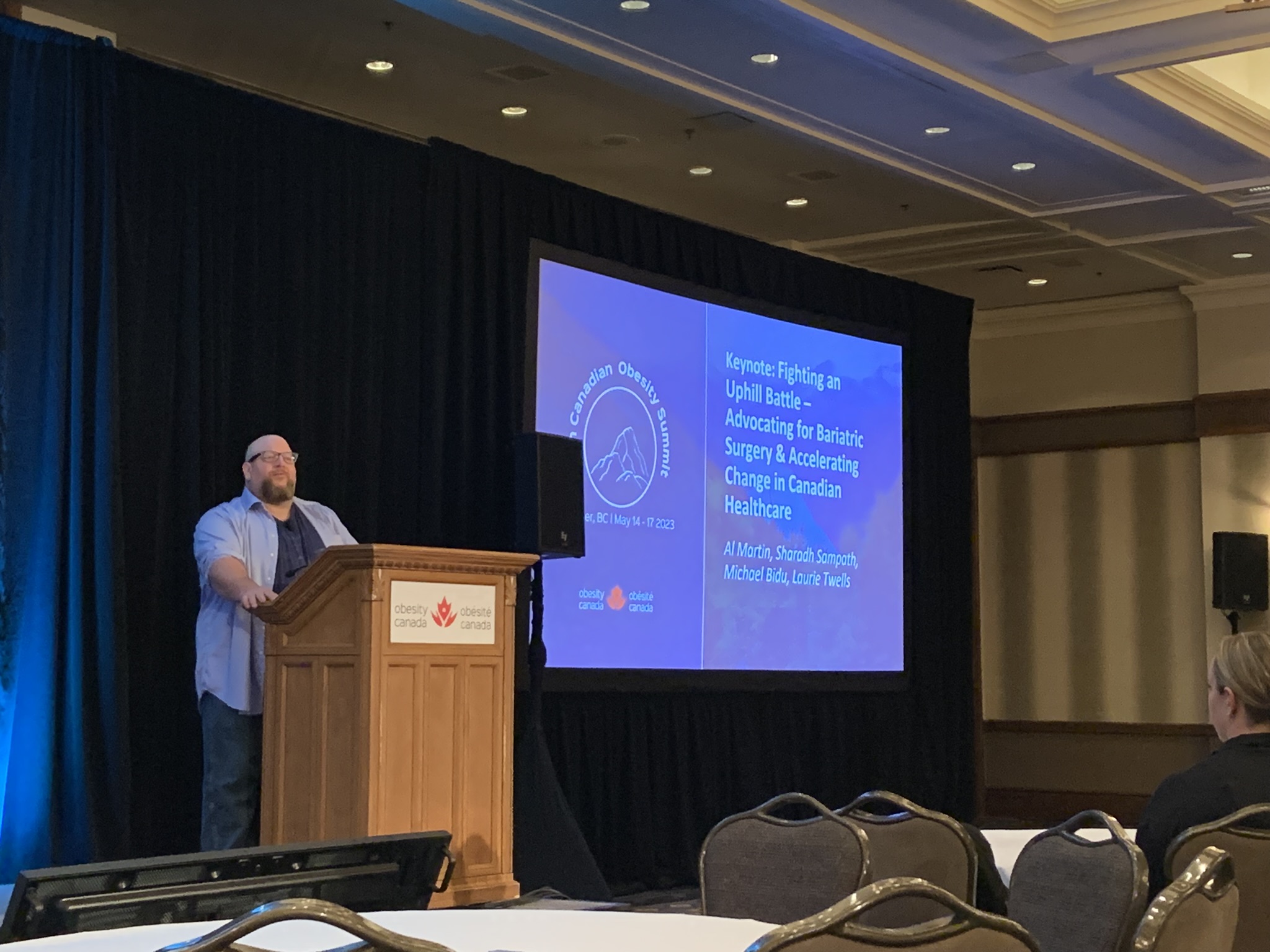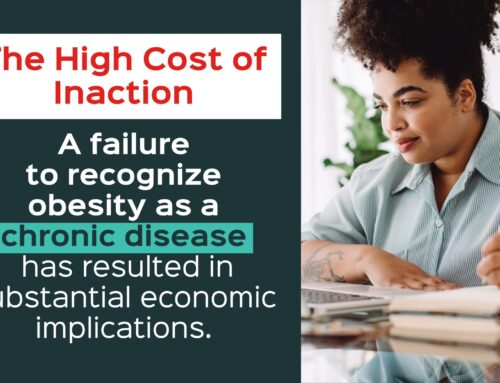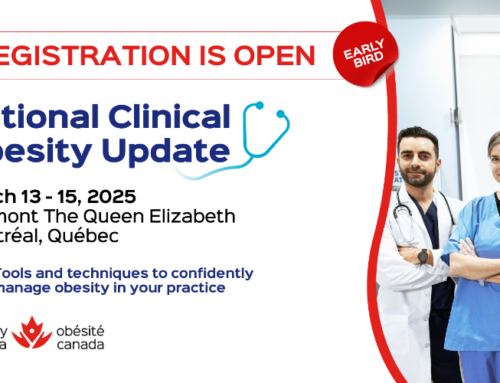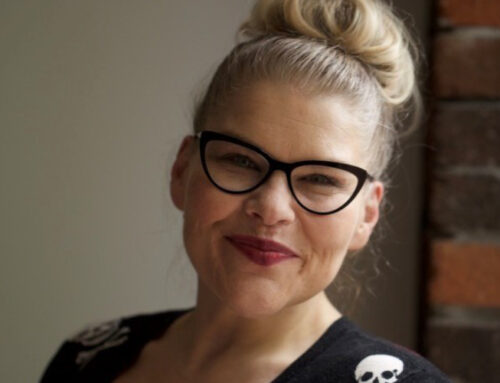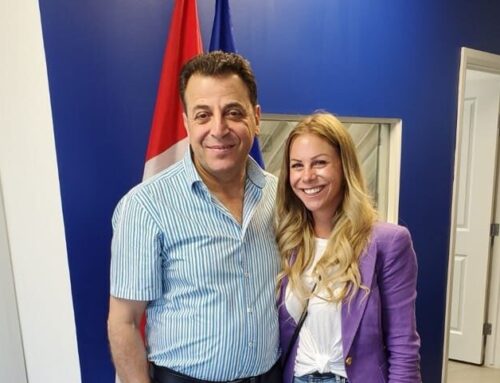Today’s blog is written by Pam Hung, PhD Candidate, Faculty of Rehabilitation Medicine at the University of Alberta.
In May, I attended Obesity Canada’s Obesity Research Training program, which was integrated with the 8th Annual Canadian Obesity Summit in Whistler, BC. This conference brings together researchers, clinicians, trainees, and most importantly, people with lived experience from across Canada and beyond to share experiences, knowledge and resources related to obesity prevention, management, and treatment. Having worked clinically as an occupational therapist in this area, the Canadian Obesity Summit was not new to me, but attending as a graduate student gave me a different perspective. I was looking to make connections with other graduate students and researchers, explore the diverse methods used to research the complexities of obesity, and consider how I am approaching my own PhD research.
I joined a great group of 15 research trainees, early career researchers and professionals in the Obesity Research Training Program for several sessions led by Dr. Ian Patton, people with lived experience and leaders in obesity research. We covered a range of topics from weight bias and stigma across the life span, basic science, psychosocial factors and bariatric surgery, career advice, and ways to approach our research and knowledge translation. There was something for everyone and so much to learn. Not to mention all the conference sessions and plenary talks that we could attend as well!
For me, the highlight of the training program and overall conference experience was the engagement of people with lived experience. It was the first conference I have attended that put people with lived experience at the forefront of every session- candidly sharing their experiences to introduce a keynote session, moderating oral presentations, and contributing to rich discussions in every session that I attended. In research and clinical work, we can become so focused on the research, the guidelines and how we are “supposed” to approach our work, but it isn’t necessarily what is going to be effective for those our research will impact. We need to listen to each other (patients, clinicians, researchers, patient partners) and work together because as Lauren, one person with lived experience, said so well, “we are in this together.”
Although I have clinical experience working with people living with obesity and have been immersed in obesity research throughout my doctoral studies, I learned so much from connecting with other researchers, trainees and people with lived experience during this conference and training program. I am excited to integrate new learnings into my teaching and PhD research, particularly in the area of patient engagement.
If you are involved in obesity research in any way, I would definitely recommend any training offered by Obesity Canada You will learn lots, have fun and meet others that have the same passion for obesity research as you do!

